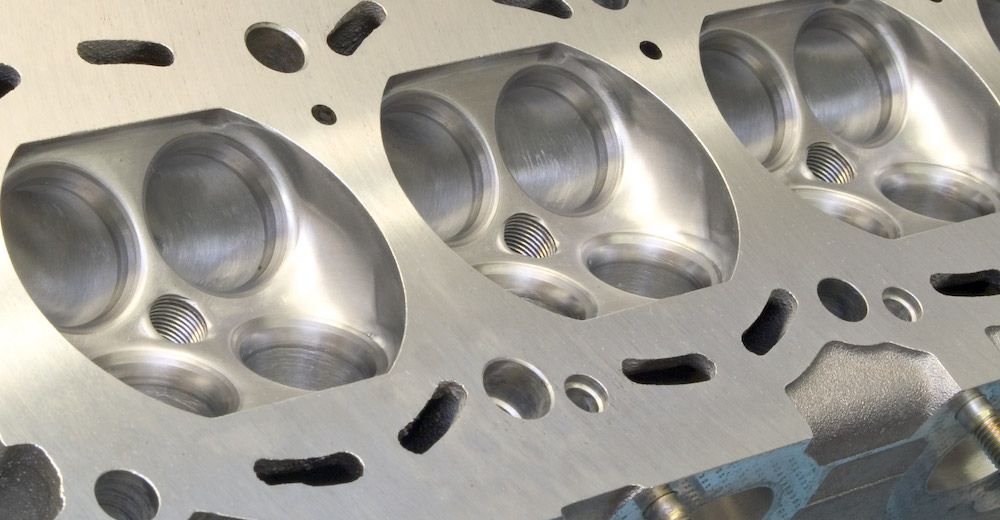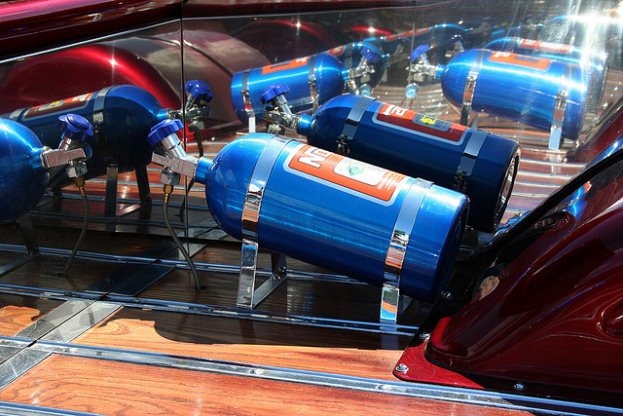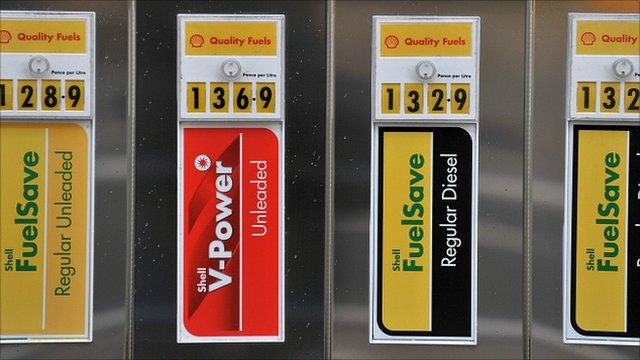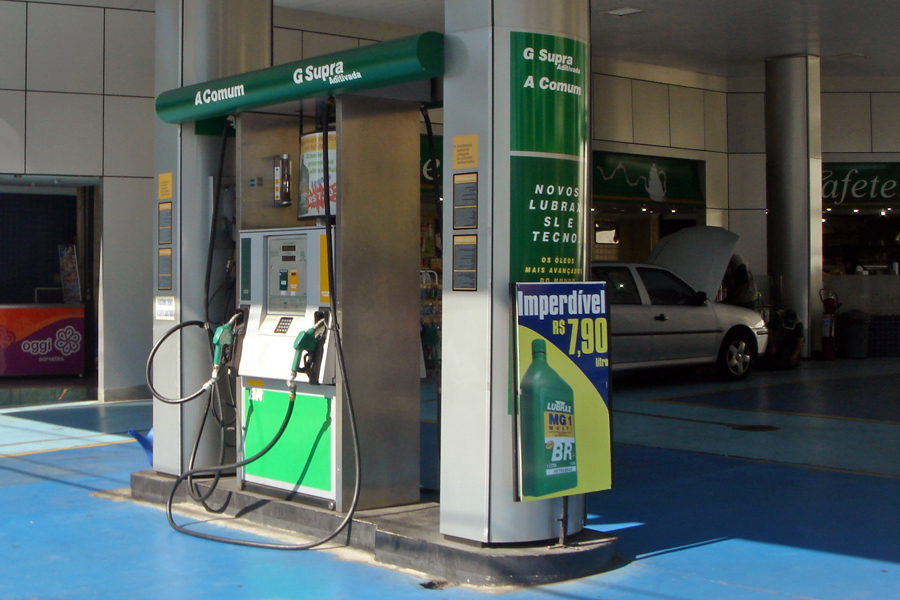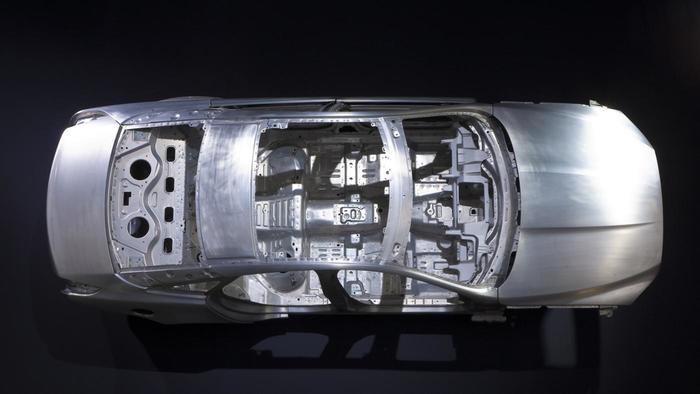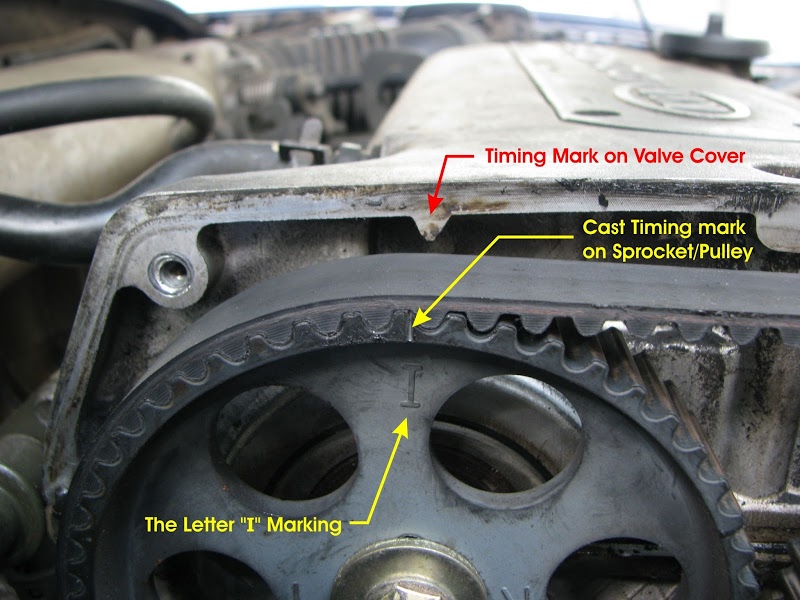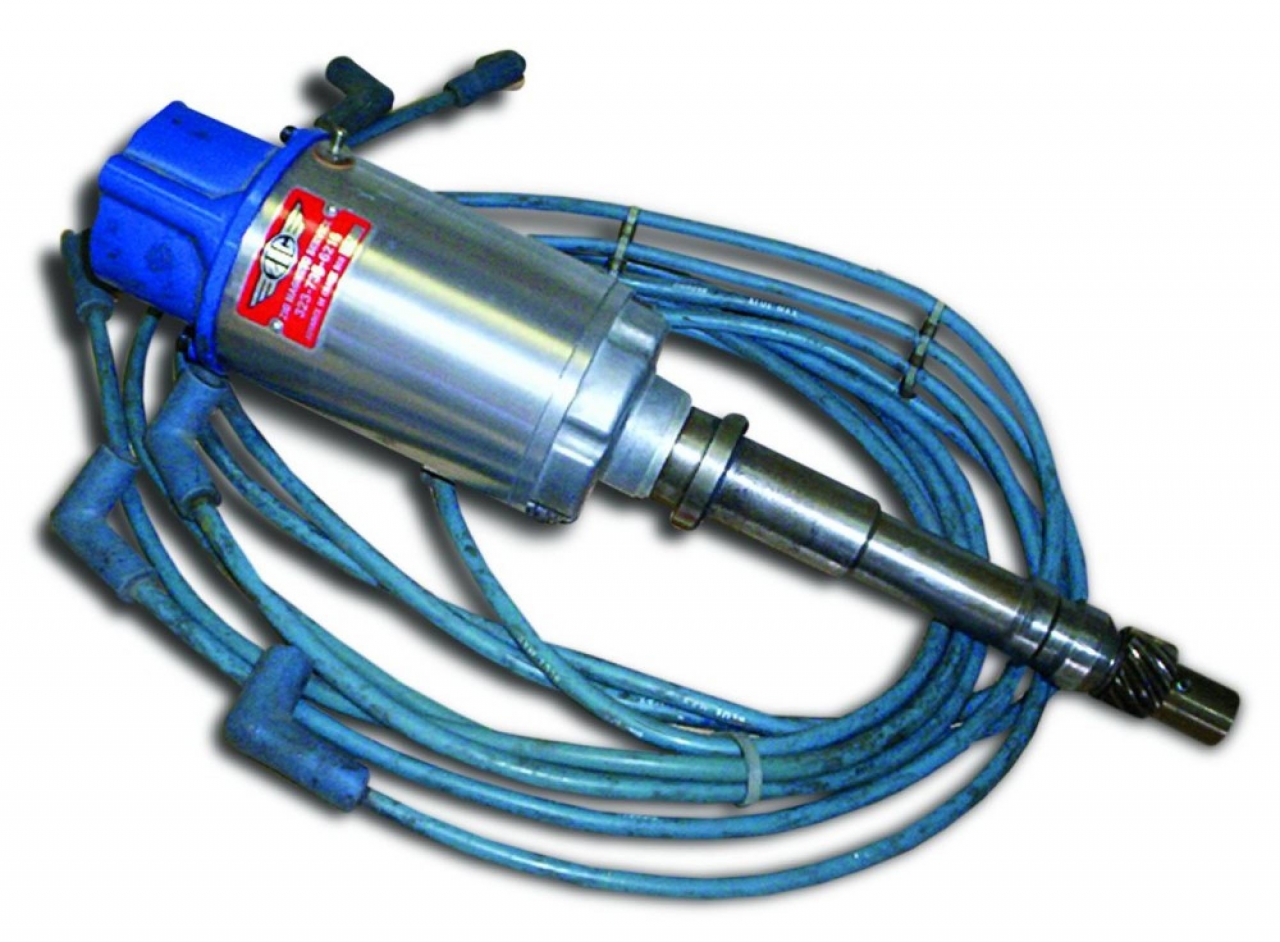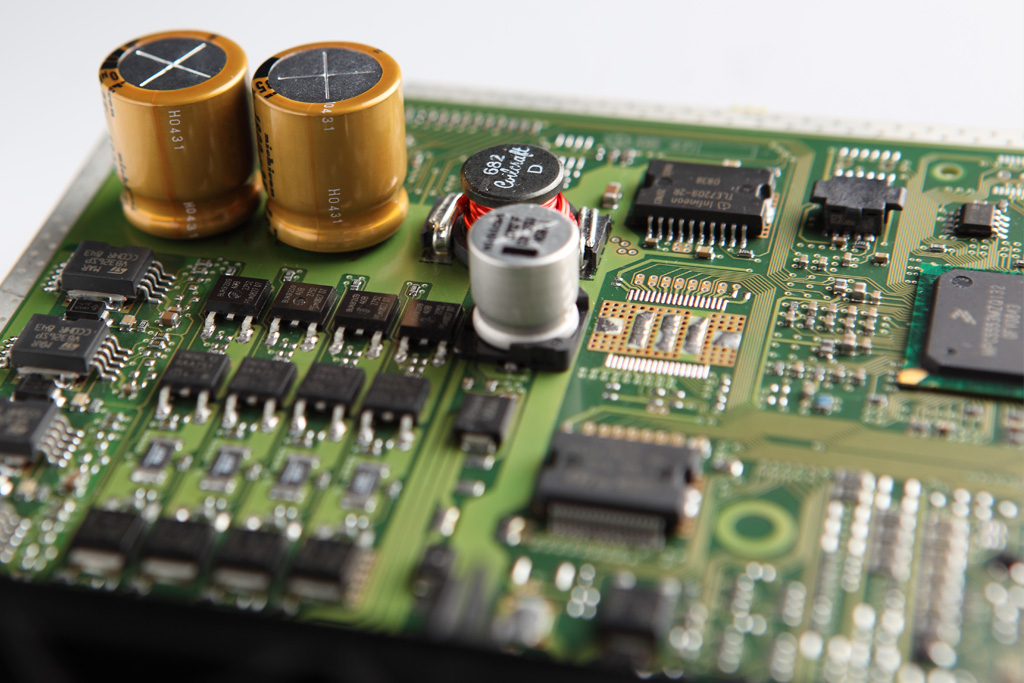Volumetric efficiency in internal combustion engine engineering is defined as the ratio of the mass density of the air-fuel mixture drawn into the cylinder at atmospheric pressure (during the intake stroke) to the mass density of the same volume of air in the intake manifold.
Nitrous oxide, commonly known as, nitrous, nitro, or NOS is a chemical compound with the formula N2O.
Octane rating or octane number is a standard measure of the performance of an engine or aviation fuel.
Ethanol fuel is ethyl alcohol, the same type of alcohol found in alcoholic beverages, used as fuel.
Gasoline, also known as petrol outside North America, is a transparent, petroleum-derived liquid that is used primarily as a fuel in internal combustion engines.
A car chassis may refer to either the frame of a car that holds together its components or to a rolling chassis.
A timing mark is an indicator used for setting the timing of the ignition system of an engine
An ignition magneto, or high tension magneto, is a magneto that provides current for the ignition system of a spark-ignition engine, such as a petrol engine.
An engine control unit (ECU) is a type of electronic control unit that controls a series of actuators on an internal combustion engine to ensure optimal engine performance.
A distributor is a device in the ignition system of an internal combustion engine that routes high voltage from the ignition coil to the spark plugs in the correctfiring order.






